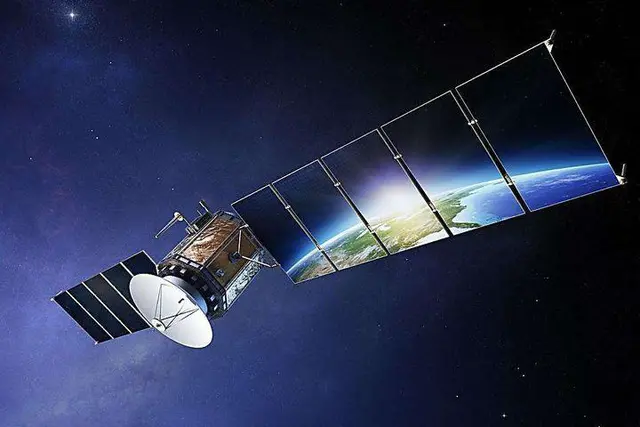The Taiwanese have recently voted the Chinese character “mang (茫),” or “confusion,” to be the most representative character of 2017 for the island.
Indeed, they have a reason to complain, as what happened this year is much cause for frustration. Regardless of reforms touching upon overtime, pensions and marriage, or problems such as power blackouts and air pollution, many residents undoubtedly feel that their standard of living is dropping, and their values encroached upon.
This is partly because the island’s authorities are playing with fire. Recently, the current Taiwan authorities have stressed the need to make Taiwan “a nice place.” Along this line, they have passed a new law that only allows for one day of overtime every weekend.
The new requirement is particularly troubling for some, since Taiwan is experiencing severe economic challenges, so certain employers would need employees to work more, or the workers themselves need additional pay to support their families.
Retired government employees hold signs reading "government incapable, people suffering" during an anti-pension reform demonstration in front of the Presidential Palace in Taipei on January 22, 2017. More than 10,000 retired teachers, policemen, government employees and military servicemen took part in the protest against the government's planned pension reforms.
Therefore, Tsai’s pretense to protect workers would exactly undermine workers’ chance to earn more at present. The DPP’s rigidity and hypocrisy is another reason that some Taiwanese feel at a loss.
All these have much to do with Tsai’s pro-independence policy. Given her alienation with the mainland by refusing to accept “one China,” she is denying opportunities for business and prosperity. While Tsai attempts to deepen trade relations with Southeast Asian countries as well as India through her “Southward” formula, she fails to understand that the entirety of those ASEAN economies cannot compare with the Chinese mainland.
Compared with the Ma Ying-jeou era, the situation is quite different. As Ma insisted on the one-China principle, he was able to forge a far more cordial relationship with the mainland, which had promoted a pro-business and pro-investment environment that benefited Taiwan greatly. This partnership even led to the memorable handshake between him and Xi Jinping.
However, with Tsai’s tacit push for “independence,” she has undermined the foundation for reconciling relations across the Taiwan Strait, and even pushed more of those few countries who have still maintained “official ties” with Taiwan to switch their recognition to Beijing, with Panama being an obvious example. It might be safe to presume that as long as Tsai’s administration continues its pro-independence stance, the year of 2018 could be even gloomier.
Tsai Ing-wen.
In addition, Taiwan’s increasing air pollution has also exacerbated their concern, which cannot be justified merely by the situation on the mainland. In fact, given mainland’s stress for environmental protection, its air quality has been on the rise lately. Taiwan had better find the right answer from its own reasons.
The mainland doesn’t want to see the Taiwanese people remaining at a loss in 2018. When Tsai Ing-wen and the DPP come to their senses, they will notice that their changing of the status quo is bringing Taiwan to a deadlock.
On the contrary, the mainland is not pushing the envelope. We still hope that both sides would respect common history and culture, as well as the reality of China’s rise and international acceptance.
(CGTN)
 简体中文
简体中文

